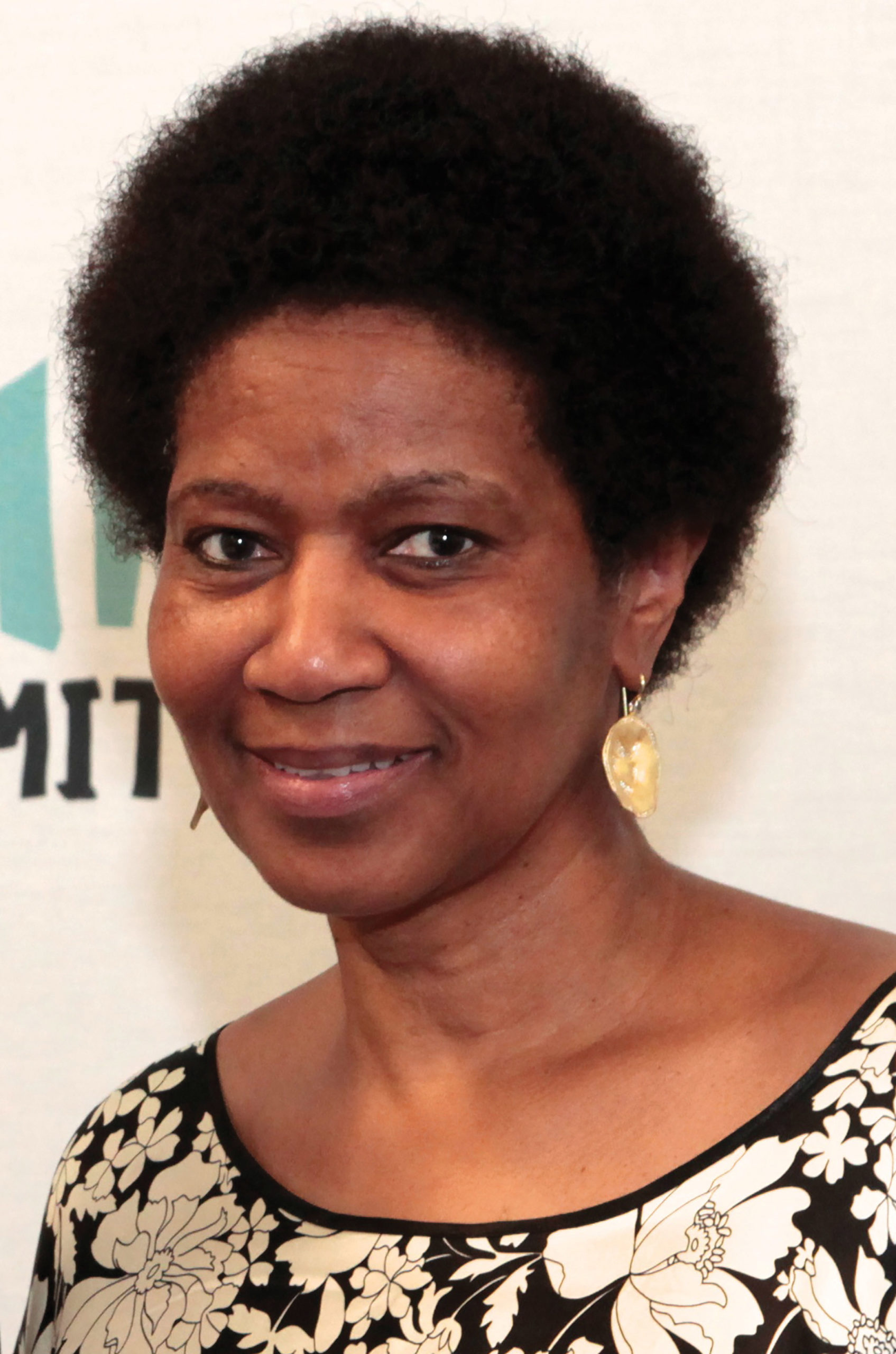INSIGHTS

Women in parliament and politics
BY MIKE POTHIER | PROGRAMME MANAGER, SACBC PARLIAMENTARY LIAISON OFFICE
FEW INSTITUTIONS in our country have done as much to promote the presence of women as Parliament has; and not just in their numerical presence, but also in their role in positions of leadership.
To a large extent this is due to the policy of the governing ANC that women should always occupy at least 50% of its seats in representative structures; and since the ANC has won between 60–70% of the vote in every general election, this means that, at a minimum, 120 of the 400 positions in the National Assembly have gone to women.
Many of the other parties have played their part as well, even if they have not entrenched a specific quota. Just more than half the EFF’s 44 MPs are women, while the figure for the DA is somewhat lower at 30 out of 83. Overall, women hold 46% of the seats in the National Assembly, and 36% in the National Council of Provinces. Internationally, the average is just over 24%.
But it’s not just about raw numbers. Since the first democratic parliament was elected in 1994, women have taken leadership roles in the institution. For example, the first Speaker of the National Assembly was the highly-respected Dr Frene Ginwala; in fact, with the exception of five years when Max Sisulu was Speaker, this office has always been held by a woman. In the other chamber of Parliament, the National Council of Provinces, three out of the six chairpersons so far have been women.
When it comes to parliamentary committees, where most of the important work takes place, we find that 20 of the 50 portfolio and select committees are headed by women. At the moment, the chief whips of both the governing party and the official opposition are women.
If we move to the provincial legislatures, a broadly similar picture emerges, although it varies from province to province. The Western Cape, Eastern Cape, Northern Cape, Free State, Mpumalanga, North-West and Gauteng Provinces have all been led by women premiers at one time or another, while three of the eight metropolitan municipalities—Cape Town, Mangaung and eThekwini—have had women mayors.
Numerically, then, the situation is encouraging, but does the presence of women in our representative political structures make a real difference? Do they bring something ‘special’ to the workings of parliament and other assemblies? This is much more difficult to assess. It is common to hear talk about how women in politics are more inclined to seek consensus and compromise, how they are less personally ambitious and more likely to see their work as a form of service. They are also supposedly more aware of the plight of socially marginalised people and, of course, more attuned to the needs of the 55% of South African voters who are themselves women.
Some of these claims may be accurate, but they are certainly not universally so, and we should be careful of stereotyping—women politicians can be every bit as ruthless and single-minded as any male in the same position. It’s worth recalling that when Margaret Thatcher became the first head of government in any major first-world democracy, and turned out to be a lot more forceful than the man she replaced, she was criticised by some on the left for being ‘the wrong kind of woman’. In our own history, Helen Suzman, who was the lone voice for justice in the apartheid parliament from 1961 to 1974, had a reputation for being as tough as nails when facing down the then dominant National Party.
The crux of the matter is not so much whether women bring particular qualities to political life—some do and some don’t—but simply that their presence in important public positions helps to dispel the myths around ‘women’s place’ in society. We are slowly moving towards a time when it will be unremarkable to find that a woman is the new president or chief justice, or that most cabinet ministers or defence-force generals are women.
In large sections of our society and, it has to be said, in our Church, women are still excluded from many leadership positions, and are expected to play a supporting role for ‘important’ men. Given this, it is encouraging to find that our political institutions are, for once, setting a positive example.
